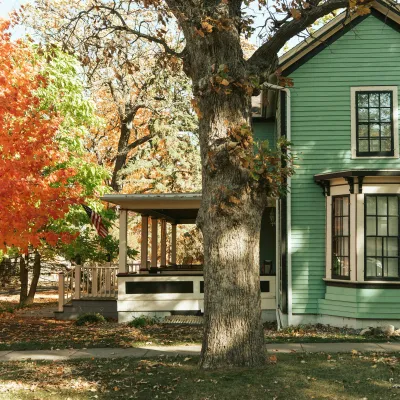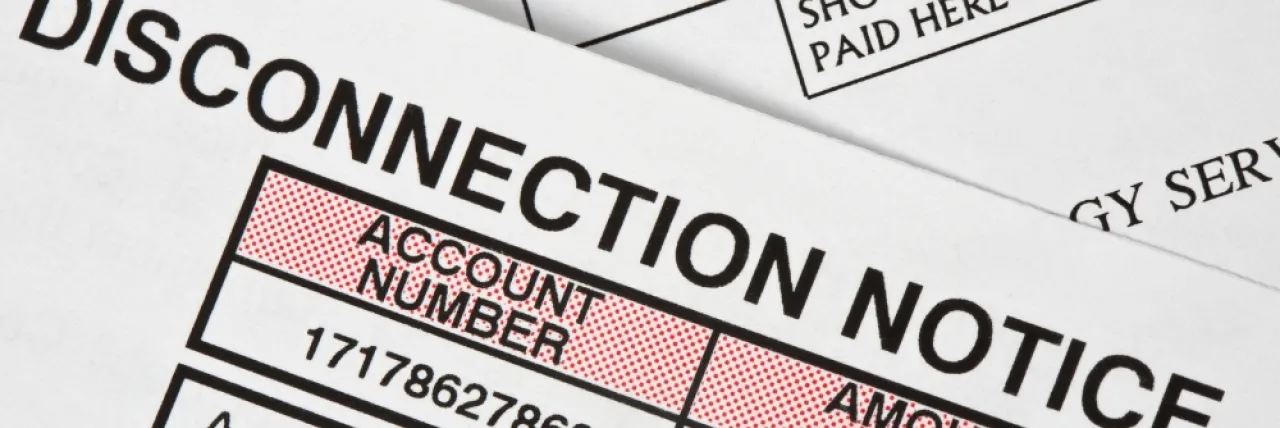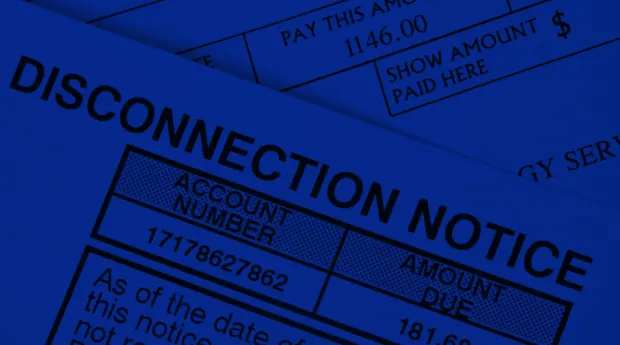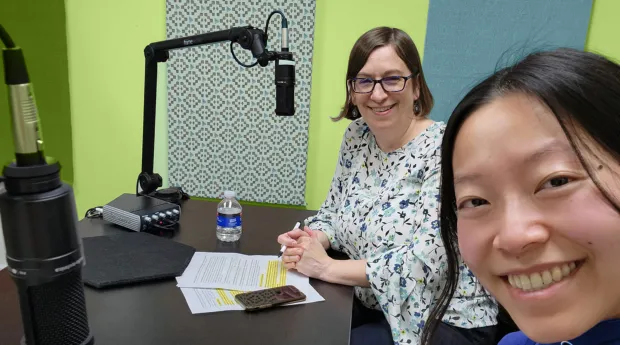Steps to Avoid or Reverse Shutoff
Check if you are eligible for bill assistance
There are programs available to help with energy costs and past-due balances to make bills more affordable. See your financial assistance options.
Ask your utility for a payment plan
Per state law, your utility is required to work with you to set up a payment plan for past-due bills that considers your financial situation.
Never agree to a payment plan that doesn’t work for you. If you and your utility cannot come to an agreement on a reasonable payment plan, the staff at the Public Utilities Commission – Consumer Affairs Office can help. Contact them at 1-800-657-3782.
If you break a payment plan, you may not be able to set up a new one. If your financial situation changes, contact your utility again to restructure your arrangement.
Know your rights
Ratepayers have certain protections under state law. Learn more about your rights and responsibilities as a utility ratepayer.
Still having trouble? Contact us
Contact CUB today to talk to someone about your situation and identify next steps: 651-300-4701 or info@cubminnesota.org.
Energy Bill Assistance Options
Energy Assistance Program
INCOME-QUALIFIED ASSISTANCE
2025-2026 Income Guidelines | ||
|---|---|---|
| Household Size | 1 Month Max | Annual Income |
| 1 | $3,119 | $37,439 |
| 2 | $4,079 | $48,959 |
| 3 | $5,039 | $60,479 |
| 4 | $5,999 | $71,999 |
| 5 | $6,959 | $83,518 |
| 6 | $7,919 | $95,038 |
The Energy Assistance Program (also known as EAP or LIHEAP) is a federally funded program that provides financial help to income-qualified households for covering natural gas and electric bills, as well as delivered fuels such as propane. Energy Assistance can be used for any energy bills, not just for heating.
Applications typically open on October 1 and must be postmarked or received by or before May 31.
Funding is on a first-come, first-served basis. Both homeowners and renters are eligible.
If you have a pending Energy Assistance application and have received a disconnection notice, you may be able to delay your disconnection. Contact your utility and let them know your application is pending, and contact the agency processing your application to move your application up in priority.
Free heating system repair/replacement is also available for homeowners eligible for Energy Assistance. If your heating system is currently not working, call your energy assistance provider immediately and/or note this in your initial application.
If you are facing an energy emergency, you may be eligible for additional crisis assistance. If you have not yet applied for Energy Assistance, make sure to include any eligible emergencies in your initial application. You may be eligible for crisis assistance if:
You have received a disconnection notice or are already disconnected from utility service.
Your propane or other delivered fuel has been shut off, your fuel tank has less than 20% of fuel remaining, or you have less than one week of biofuel left
You are 60+ years old with a current or past due bill.
Find your local Energy Assistance provider by calling 1-800-657-3710 or apply online.
Electric and Gas Affordability Programs
UTILITY-SPECIFIC PROGRAMS
Income-qualified households in many areas can receive discounts on their electric or gas service through their utility, and some utilities have programs to forgive a portion of past-due bills.
You must qualify for or receive Energy Assistance in order to participate in these programs. Each utility’s program is different, so contact your utility directly with any questions.
CenterPoint Energy
Gas Affordability ProgramGreat Plains Natural Gas
Gas Affordability ProgramGreater Minnesota Gas
Gas Affordability ProgramMinnesota Energy Resources
Gas Affordability ProgramMinnesota Power
CARE ProgramOtter Tail Power
Uplift ProgramXcel Energy
Power On and Gas Affordability Programs
Minnesota Senior Discount Program for electric customers only

Reduced Cost or Free Home Energy Upgrades
Reduce your energy bills by making your home more efficient. By upgrading your home's insulation and appliances, you can lower the size of your bills while improving your comfort, health, and safety.
There are a variety of programs and incentives available that can significantly reduce the cost of home energy upgrades and/or provide free improvements.
Community Resources
DON'T FORGET ABOUT YOUR LOCAL ORGANIZATIONS
Local community organizations often have programs or funds to help community members in times of need, like when a power disconnection is imminent.
The Salvation Army offers a program called HeatShare which provides cash grants and emergency assistance for utility and heating bills on a year-round basis.
Consider other organizations including houses of worship, county assistance, or community social service agencies for emergency options to keep your power on. Students in college or vocational schools should consider contacting their institution’s student services to see if there are any assistance options available to them. K-12 school social workers may also be able to help families.
Know Your Rights
Minnesota ratepayers have rights set by state law. Learn more about your rights and obligations as an energy consumer.
Get Help
CUB is here to help you understand your utility bills and your rights. We help households navigate disconnection to maintain or reconnect utility service.
Email Us Your Questions

Beware of Scams
Scammers sometimes pose as utility representatives. A caller may demand immediate payment to prevent your service from being disconnected.
Never give out your banking information over the phone or by email without first confirming you are talking to a legitimate utility representative.
Utilities won’t demand payment by gift card, cash reload card, money wire, or cryptocurrency.
If you receive a suspicious call, hang up and call your utility’s listed phone number to ask if it was them.


